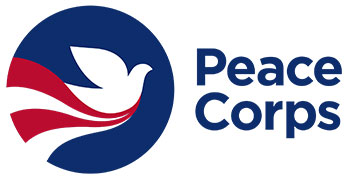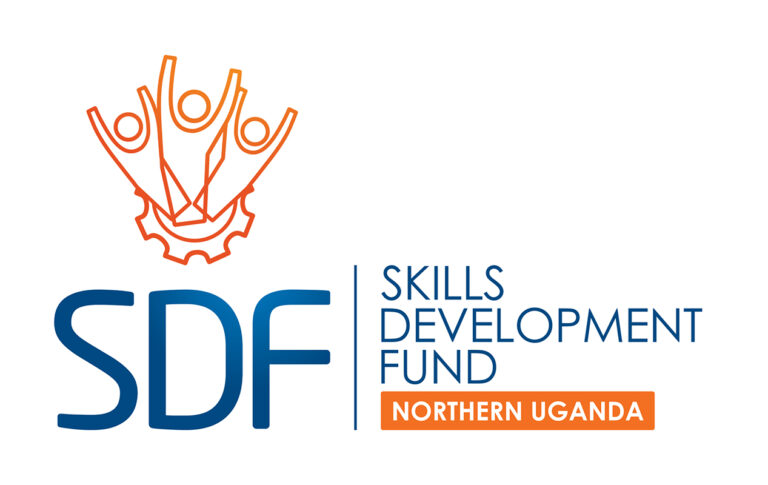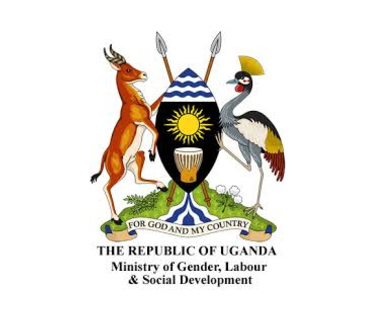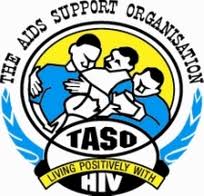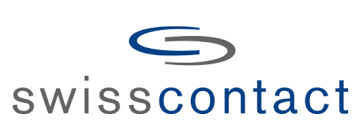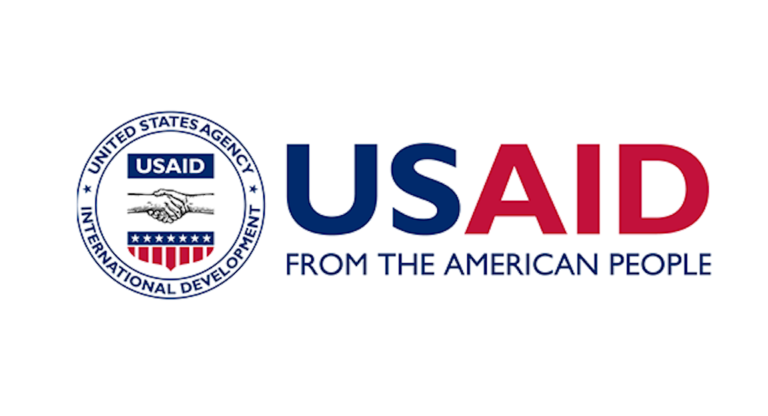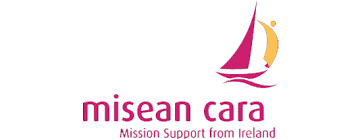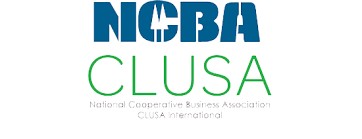Background
Youth Alive Uganda Background
Youth Alive Uganda was founded in 1993, under the dynamic leadership of Rev. Sr DR. Miriam Duggan, an Irish Franciscan missionary nun who was one of the leading actors in designing and running HIV/AIDS responses at the time. Youth Alive came about as a response to the ever- increasing numbers of young people that were being infected with the virus, many of whom showed up in Nsambya hospital where Sr. Miriam worked and in Kamwokya where she lived at the time. The scenario at hand spelt doom because the most productive and energetic category of the population faced an enormous threat of being wiped out, before they could even live out their dreams.Her interaction with the non- infected young people also confirmed that there was a growing sense of hopelessness and helplessness that could only be countered by the formation of positive like minded groups of young people, ready to live differently and to multiply hope. Thus, the name “Youth Alive” was born with the energising tagline- “It’s time to Act”.
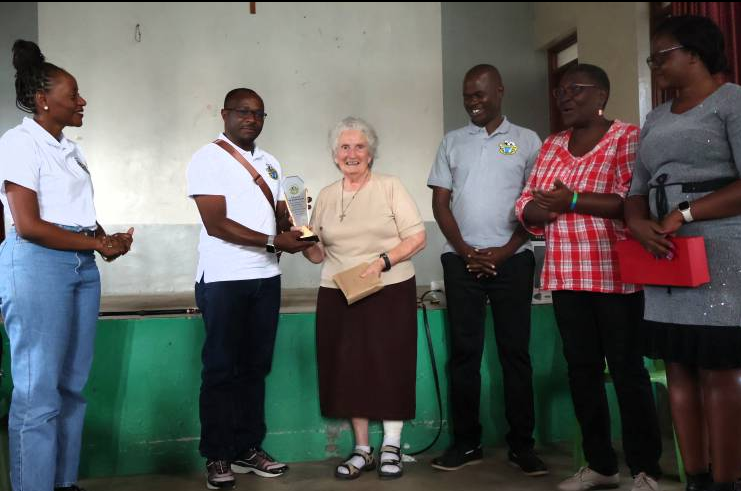
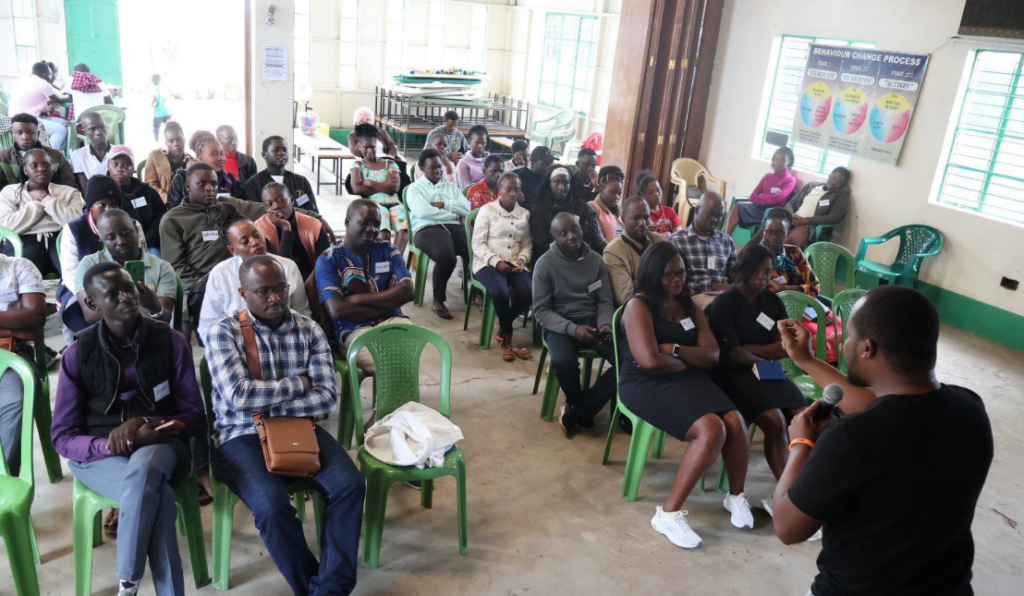
Statement of the Belief


We believe that young people and the entire communities have the inherent capacity to change attitudes and behavior. The power to fulfill this capacity is often denied or is not exercised. This power must now be recognized, called forth and supported from within and without. This will enable young people to initiate change and sustain behavior that promotes a healthy state of mind, body, spirit and environment. A critical component in this process is a supportive response to the most vulnerable young people.
We recognize that change of attitudes, perceptions and beliefs at individual and community level in the present health, social and economic environment is a complex and an ongoing process. It is inextricably linked to such basic human values such as care, love, faith, family and friendships, respect for people and cultures, solidarity and support.
The present social, economic, political and health environment affects all young people. Our experience working with and through young people proves that behavior change is possible. We believe that behavior change is the most essential strategy in overcoming the current youth quandary.
Key Reserved Areas
Key Result Area 1:
Dignified and gainful employment opportunites for out of school youth 15 -30 years.
Key Result Area 2:
Increase in access of Local Government Services by youth.
Key Result Area 3:
A recognized center of excellence in holistic youth empowerment.
Key Result Area 4:
Improved Sexual and reproductive health of children and youth in Uganda.
Partners




